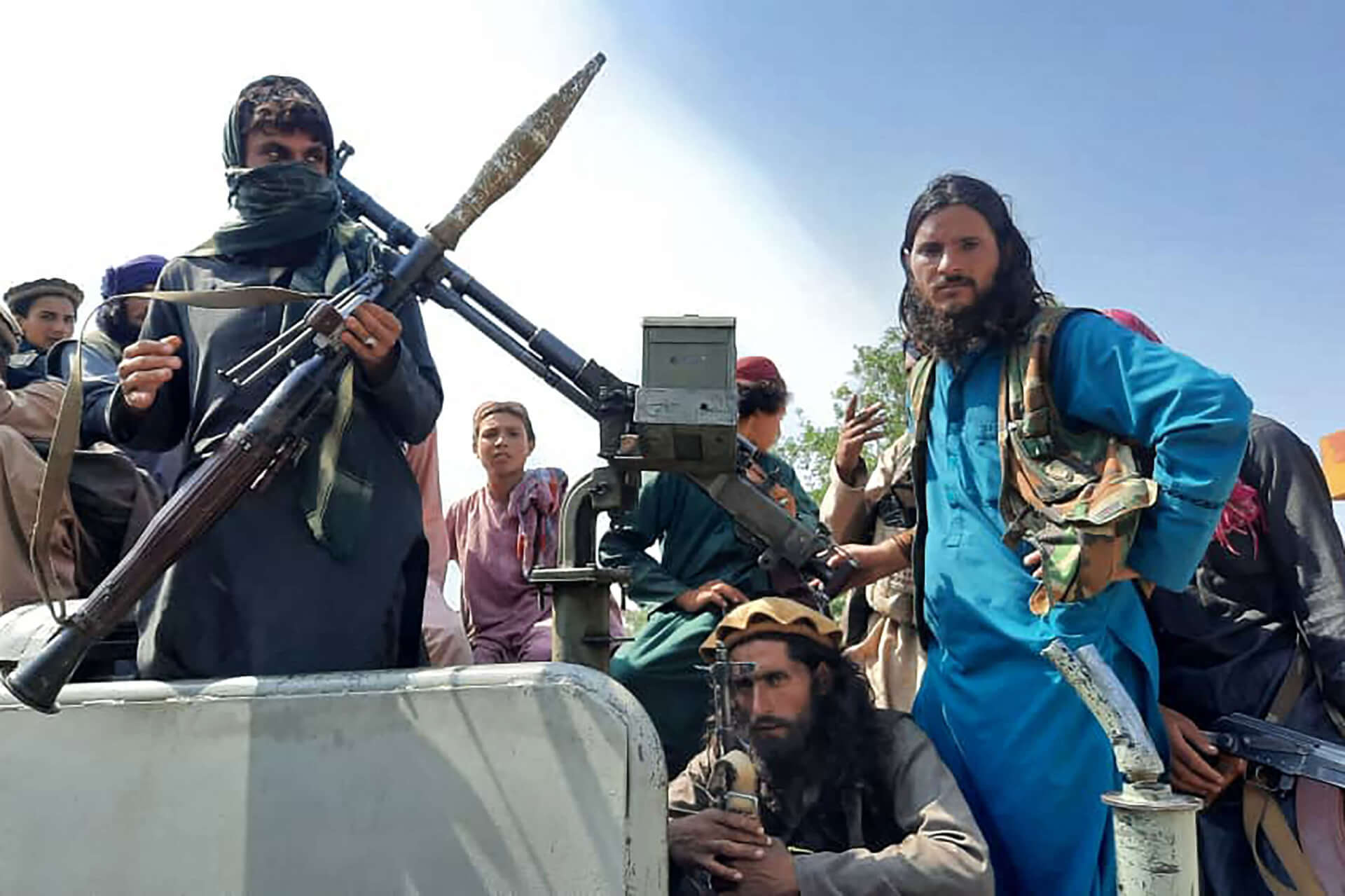On Tuesday, the US, the EU, and several other countries released a joint statement demanding that the Taliban “immediately withdraw” policies aimed at restricting women’s rights, stating that such measures exclude them from “all spheres of public life.”
Women’s Rights
The statement, also signed by Australia, Canada, France, Germany, Italy, Norway, Switzerland, and the UK, “strongly condemned” the actions of the Taliban, noting that they violate the fundamental rights of Afghans and affect the country’s social and economic development. Stating that this cannot be achieved without equal participation of citizens of a country, the statement called on the Taliban to ensure that the rule of law prevails.
The countries “called for the immediate reversal of these unacceptable bans as they are preventing humanitarian assistance from reaching Afghans most in need.”
Also Read | The Taliban Could Reverse Two Decades of Progress in Women’s Education in Afghanistan.
Moreover, the statement expressed concerns over the multiple instances of discrimination against ethnic and religious minorities and other marginalised groups.
The Taliban has repeatedly introduced discriminatory policies that aim to exclude women from participating in public.
In March 2022, The Taliban placed an indefinite ban on girls from attending school for secondary education past the sixth grade. In November, the Taliban banned women from parks and gyms.
The following month, Afghans were publicly flogged on the grounds of morality crimes, and men and women were executed. In the same month, women were banned from universities.
Rising Terrorist Activities
The countries agreed upon taking several measures and resolutions to ensure that Afghanistan would not be used as a launch pad for terrorist activities. There has been an increase in terrorist groups in Afghanistan since the Taliban took power in August 2021. Furthermore, the country has witnessed a rise in terrorist attacks in the country and the statement noted that they threaten the security internally as well as in the neighbouring regions.
The statement expressed “grave concern” about the increasing threat of terrorist groups like ISIS-K, Al Qaeda, and Tehreek-e-Taliban-Pakistan, warning the Taliban against allowing these outfits to grow.
Also Read | The Taliban is in a Catch-22 Situation With ISIS-K and the West
The release reminded the Taliban about its commitment to preventing terrorism at all costs and upholding Afghanistan’s obligation to deny these groups safe haven. In this respect, the statement outlined five expectations of the Taliban:
- Ensure that no terrorist group is given shelter in Afghanistan
- Provide “unhindered and safe access” to UN and humanitarian groups
- Respect the human rights of all Afghans
- Ensure the “full, equal, and meaningful participation” of women in Afghan society
- Allow safe passage for those who wish to travel abroad
Furthermore, the statement noted that “international assistance to Afghanistan is destined only for the benefit of the people of Afghanistan” and is “not a sign of progress toward normalisation of relations” with the Taliban. There should be no interference by the Taliban while providing necessary assistance by international organisations and several other countries, the document added.
Deepening Coordination
The countries underscored the need to deepen cooperation with Afghanistan’s neighbours to effectively tackle problems faced Afghans. The release called for developing a joint response to counter threats emerging from Afghanistan. It also called on Muslim-majority countries and organisations to engage with the Taliban on women’s rights, especially access to education.
The joint statement concluded by emphasising that Afghanistan should be “constantly observed” by members of the international community with utmost vigilance. The laws adopted by the Taliban are against the fundamentals of democracy, and the international community must safeguard the rights and freedom of the vulnerable population.

